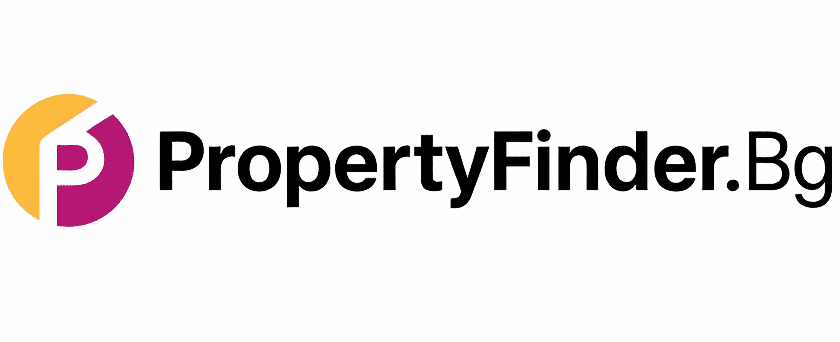Content
After the economic crisis of 2008 and the subsequent recession, Spanish banks found themselves owning a huge number of properties acquired through foreclosures from bad debtors. In recent years, despite the market recovery, these properties continue to offer potential opportunities for investors looking for cheap property in Spain. But is buying properties from banks really a viable option for a bargain or does it hide its pitfalls? Let’s take a closer look.
Why are banks selling property?
When debtors (individuals or companies) cannot service their mortgage loans, banks, as lenders, seize the properties to recover their funds. Since banks’ core business is not property management, they seek to sell these assets as quickly as possible. This leads to the creation of large portfolios of properties that banks market, often through their own specialised subsidiaries or portals.
What to expect from bank properties in Spain?
Bank properties can be extremely diverse:
- Property types: from small urban apartments and studios, to houses, to commercial space and even entire residential complexes.
- Condition. Some properties may be relatively new and well maintained, others may be old, abandoned, in need of major repairs, or even have been vandalized. They are often sold unfurnished.
- Location: can be located in attractive urban or coastal areas, as well as in more remote and less desirable locations where demand is low and prices per square meter are lower.
How does the process of buying property from banks work?
Banks usually sell their properties through specialized platforms or subsidiaries:
- Specialist portals/agencies:
- Almost every major Spanish bank has its own real estate platform or works with large specialist agencies. Some of the best known include:
- These portals offer a large number of listings that you can filter by region, property type, price and other criteria.
- Finding a property:
- You browse the listings on these portals. Pictures and descriptions may be limited, but usually give a basic idea.
- Property inspection:
- You contact the bank or agency representing the property to arrange a viewing. Always view the property in person! This is key as bank owned properties often have hidden defects or have been occupied in bad faith.
- Submission of an offer (Oferta de Compra):
- If you like a property, you submit a written offer. Banks are usually not as flexible in their negotiations as private sellers, but there is room for negotiation, especially if the property has been on the market for a long time or needs serious renovation.
- In some cases there may be bidding for a property if there are several interested buyers.
- Funding:
- One of the big advantages is that the bank selling the property is usually willing to offer a mortgage loan for it. They can offer more favourable terms (e.g. higher Loan-to-Value – LTV) on their own properties as they already know the asset.
- However, always compare offers from other banks.
- Legal and technical review:
- Hire a lawyer: your lawyer will carry out a thorough legal check to make sure that the property has no other encumbrances, that it is legally built and that all the documents are in order. Although bank-owned properties are “safer” from a title perspective (since the bank legally acquired it), there may still be discrepancies or debts.
- Engineer/Architect: For older properties or those in need of renovation, it is advisable to hire an engineer/architect for a technical assessment.
- Signing before a notary:
- Once everything has been checked, the final deed of sale (Escritura Pública de Compraventa) is signed before a notary.
Advantages of buying property from banks
- Potential for lower cost: this is the main attraction. Banks often offer properties below market price, especially if they are looking for a quick sale or the property is in poor condition.
- Facilitated financing: as mentioned, the seller’s bank can often offer more favorable mortgage terms for their properties, which is a big plus for buyers, especially foreigners.
- Clear title: In general, bank properties have a clear and “clean” title as the bank has gone through the legal process to seize them.
- Investment opportunity: for people looking for cheap properties in Spain with renovation and rental potential, bank-owned properties can offer good returns.
Disadvantages and risks
- Property condition: often properties are in poor condition, requiring significant repairs that may exceed the initial savings.
- Occupied properties (Okupas): One of the biggest risks is that the property may be occupied by “occupiers” (illegal occupants). Evicting them can be a long, complicated and expensive legal process. Always check if the property is empty before you buy!
- Limited information: adverts are often sparse on information and photos.
- Lack of flexibility: banks are not as flexible in negotiations as private sellers.
- Municipal/Community Costs: There may be accumulated debts to the municipality or condominium that will need to be settled. The attorney should verify this.
- Speed of the process: sometimes banks require a quick closing.
Conclusion
Buying property from banks in Spain is definitely a viable option for finding cheap property. It can be an extremely lucrative investment, especially if you are looking for renovation opportunities and added value. However, this type of purchase requires extreme caution and the mandatory assistance of an experienced lawyer to carry out a thorough legal and technical due diligence. Always ensure that the property is free from occupants before finalising the transaction. With the right approach and careful research, you can find a real gem amongst the bank properties in Spain.
You might also like:
- Investment Property vs. Own Home: The High Cost of “Emotional Security”
- Investing in the Costa del Sol: How to protect yourself from the risk of fires and extreme heat?
- Where do Bulgarians most often buy property in Italy: top regions for Bulgarian investors and owners
This post is also available in: Български







